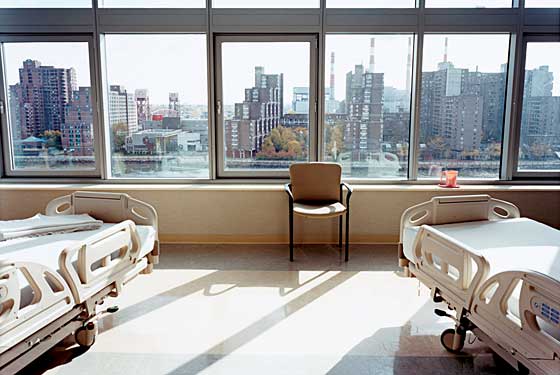Indonesia, it's where I learn medicine, in a more formal way. Right, now let's get a little bit more familiar with health system in Indonesia.
Indonesia is among those countries in the world implementing decentralization in managing health system. It was first suggested in The Washington Consensus (1970s) due to economic recession in those days. You may refer to my previous post for more details about that.
The Decentralization Policy has been implemented in Indonesia, with the implementation of Act No. 22/1999 regarding Regional Governance and Act No. 25/1999 regarding the financial equality between Central and Regional government. With the implementation of the aforementioned Acts, the government system in Indonesia has been changed from Centralized to Decentralized type of government, which provide regional autonomy. In the Act No. 22/1999, there have been three levels of regional autonomy, i.e., Province, District, and City regional autonomy.
 Paragraph 4, sub-paragraph 2 stated that there is no hierarchical links between these three regional autonomy regimes. However, in the explanation of paragraph 4, it is stated that Governor (as Head of Province Regional Autonomy and Head of Administrative area) will have to perform links in guidance, monitoring and supervision to the District and City areas.
Paragraph 4, sub-paragraph 2 stated that there is no hierarchical links between these three regional autonomy regimes. However, in the explanation of paragraph 4, it is stated that Governor (as Head of Province Regional Autonomy and Head of Administrative area) will have to perform links in guidance, monitoring and supervision to the District and City areas.This is in relation to the delegation of responsibility to Province which has been stated as having limited autonomy; but it has been also given broader de-concentration as representative of Central government. The rule of Guidance and Supervision has been clearly stated in the Government Act No. 20/2001 regarding Guidance and Supervision of Governance implementation applied to local government.
In line with Province government responsibility, Broader Decentralization has been given to District and City levels. Regional government has also been given the authority of “support = perbantuan” or “medebewind”. This has an implication that regional development has to be performed by District/City, while the development at Province level is limited only to those, which have not been covered by District/City, and Inter-district/Inter-city.
Meanwhile, the Central government has to perform the role of policy formulation, standards and providing guidance to Province and District/City government levels.
Government Act on Health No. 23/1992 has stated that Health Systems should be implemented by the community with government (the central) as facilitator. Private sectors will perform an active role, so that government will act in the provision of guidance and supervision.
Speaking about the levels of regional autonomy, there are 33 provinces (propinsi) in Indonesia, and each province is sub-divided into districts/city (kabupaten/kota) and each district into sub-districts (kecamatan). As decentralization had been already implemented, the 349 regencies and 91 municipalities are now the key of administrative units.
Each sub-district in Indonesia has at least one health centre called 'Puskesmas' in Indonesian language, which means 'Pusat Kesehatan Masyarakat'. It is headed by a doctor, usually supported by two or three sub-centres (Pustu, or Puskesmas Pembantu), the majority of which are headed by nurses.
Health centres mainly provide eight programs. Most of the health centres are equipped with four-wheel drive vehicles or motorboats (usually more in rural areas) to serve as mobile health centres and provide services to underserved populations in urban and remote rural areas.
At the village level, the integrated Family Health Post (Posyandu, or Pos Pelayanan Terpadu) provides preventive and promotive services. These health posts are established and managed by the community with the assistance of health canter staff. To improve maternal and child health, midwives are being deployed to the villages (Polindes, or Pondok Bersalin Desa).
For the central level, Ministry of Health from the government plays important role. As stated above, it has to perform the role of policy formulation, standards and providing guidance to Province and District/City government levels.
Organizational structure in the central level is as in the diagram below.
I think that's quite enough for a brief explanation about health system in Indonesia, mainly about the structural aspect of it. Till then, wassalam.
Knowledge is power.
and He is the Most Powerful, for He knows everything :)










